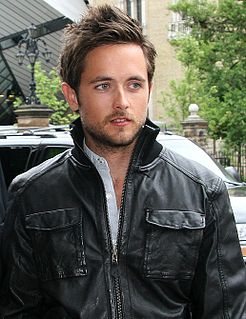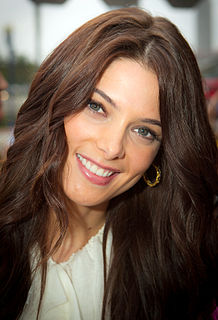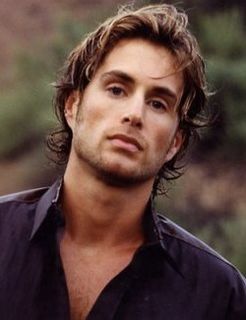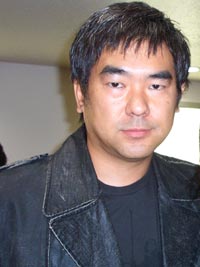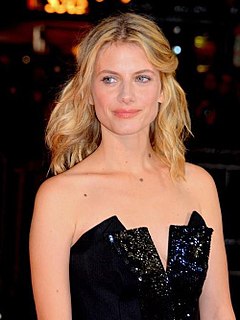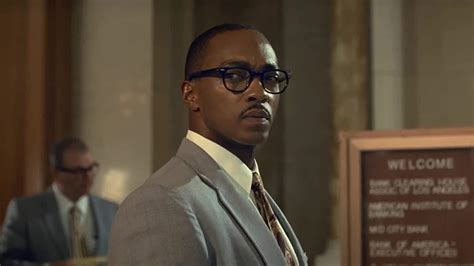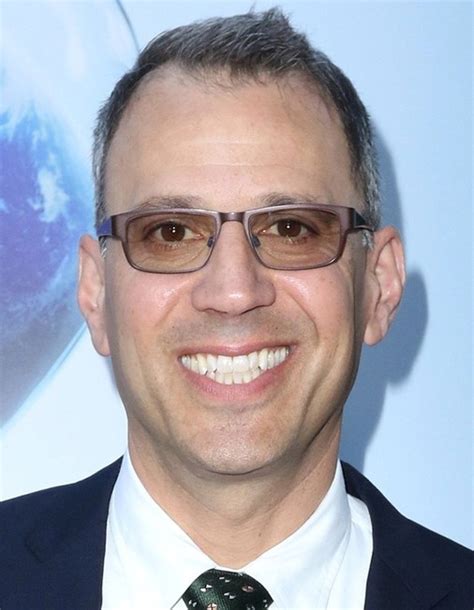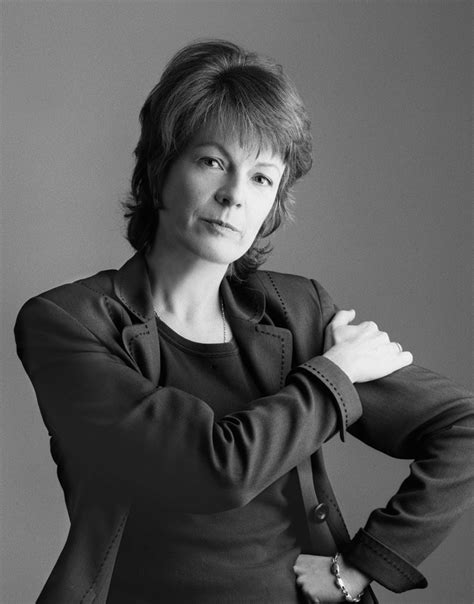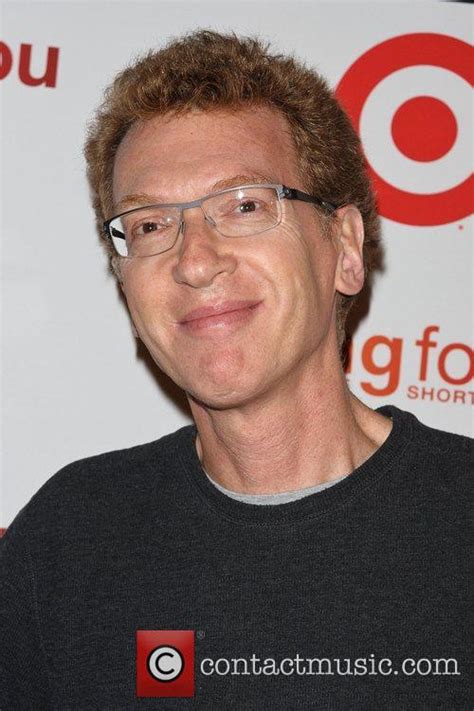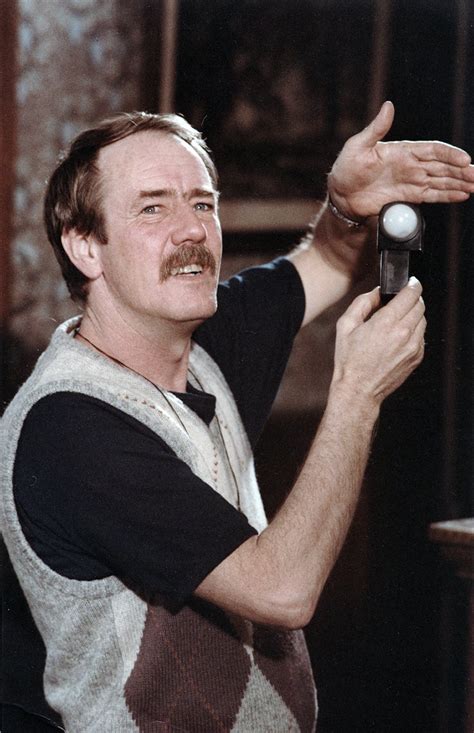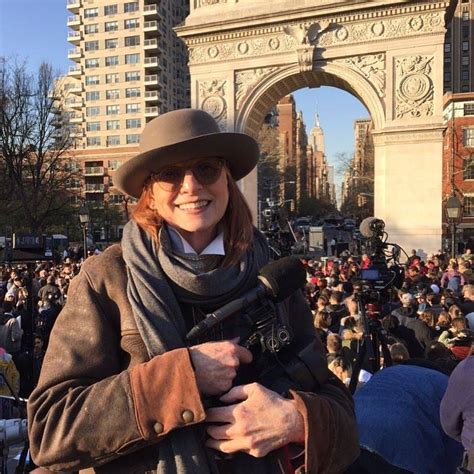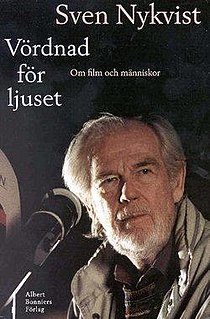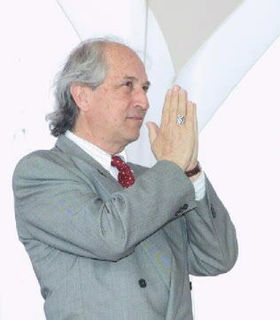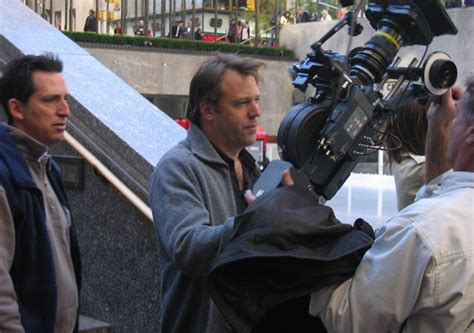A Quote by Vilmos Zsigmond
You always like to be the collaborator. I don't want to take over the movie, because if I want to do that, I should really become a director because then you have the control of everything, basically. I'm very happy to just be the visual part of it, doing the visual part of the movie.
Related Quotes
A scary movie puts a lot of people, a mob, in one place. There are advantages to that because the panic runs through the audience. If it's a good movie, the fear jumps from one person to the next. You can find yourself screaming just because everybody around you is screaming. There's a real atmosphere of terror. It's also visual, which means that you can't look away from this thing - it's happening. You're in the dark. It's like a nightmare. It's like a dream. It's very, very visual. It works on all those levels.
I took it really seriously... as serious as any actor could take a movie . I had so much fun doing movie Dragonball . But I take any part I do seriously because I feel a sense of responsibility to the young kids who have saved their money to go and see a movie. I feel it's my responsibility to make it the best I can, because I don't want to let anyone down.
I remember my first acting class: I was like, 'That's it.' If I know that I want to do something then I'm going to do it and there's no stopping me, whether it's if I want to take a movie part or don't, or eat sushi for lunch or don't. There's always a very clear goal. Once I figure out what I want that's it.
You go to certain movies where everything will be right and you will be invested in the story, but a movie like 'The Room' affects you instantly, and you are left with asking questions. You're almost like a part of the movie, as its not doing what it's supposed to do, and you become one with the film, and you say what you want.
With a director it's all about the work; I'd work with a great director over - you know, I'm not the kind of actor who that doesn't go, 'I want to play this role.' It's more like, 'I want to work with this director,' regardless of what the role is because if it's a good director, you'll probably find a good role because it's a decent film. But a mediocre director will always make a mediocre movie.
I don't really like those sorts of actresses who say, 'I don't want to make that movie,' but they make the movie. They just spend their time not liking being on a set and I just think it's absurd, because we are so lucky to do this job. When you accept to make a movie, just make the movie. And then it's more easy for relationships.
Am I doing the movie because I'm really excited about it and want to do it, or am I doing it because it seems like it's a big budget or something like that? It would still have to be the right thing, because my lifestyle's really cheap and I'm able to exist doing smaller movies, so if I'm able to do that, I'm happy to do that. But if something bigger came along that seems really cool, then that would be great.
The thing that I think a director has to have in order to make a movie really work, and to certainly make a film that feels personal, is that you have to have a sense of the feeling that you want to create in people, the tone which you want to tell the story, and the basic themes you want to come out. You can't compromise on those because you are then not making the movie that you are going to be good at telling.
The whole visual language of the movie is developed way before we get to set. Especially when you're doing visual effects and you don't have a lot of money to mess around, which we didn't, you have to really preplan everything. Pretty much every shot in the film was figured out months before we got to set.
I'm a big fan of fiction film where you have a story and you have to transform that into a visual language, basically working with actors and also transforming that into how you pronounce that in the visual language of the shots, the construction of the shots and the lighting. All of that appealed to me from the beginning of my career at the university. When I graduated from the university, I wanted to deal mainly with that, with the visual aspect of the movie.



